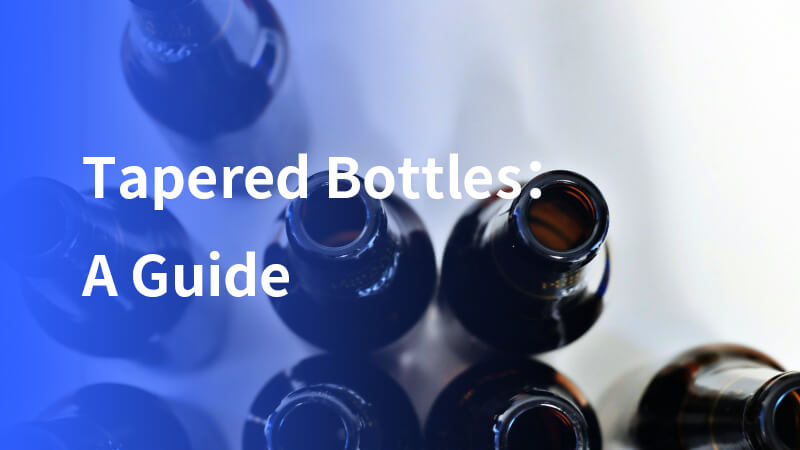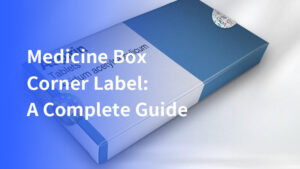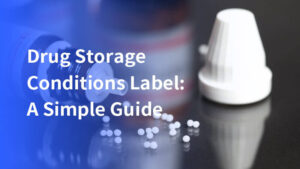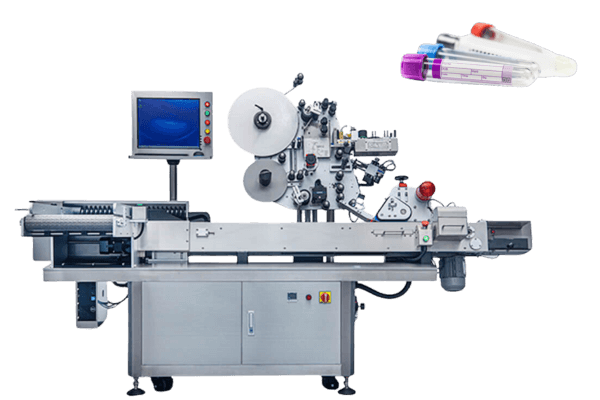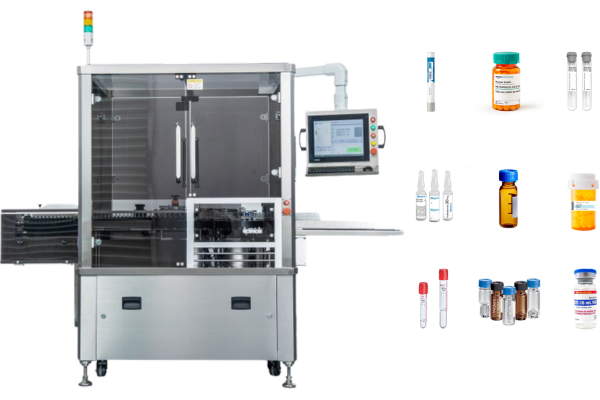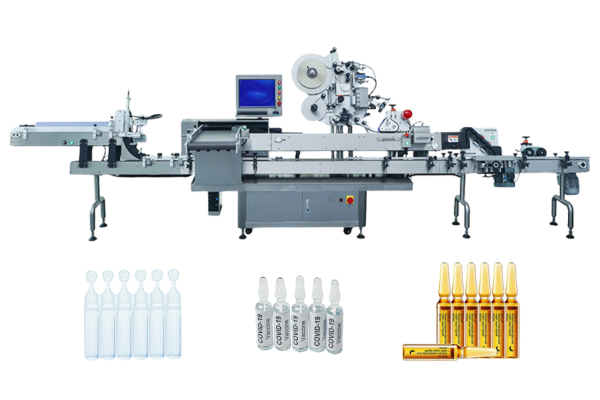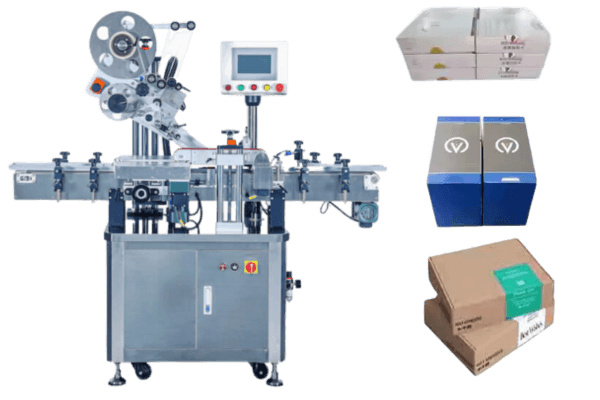Tapered bottles have become increasingly popular in various industries due to their unique shape and practical functionality. Customers appreciate the unique shape and practical functionality of tapered bottles. This guide provides an in-depth look at the design, manufacturing, and application of tapered bottles, highlighting their benefits and the challenges involved in their production and labeling.
Definition and types of tapered design bottles
Tapered bottles are characterized by their narrowing shape towards the top or the bottom, designed to aid in pouring and handling.
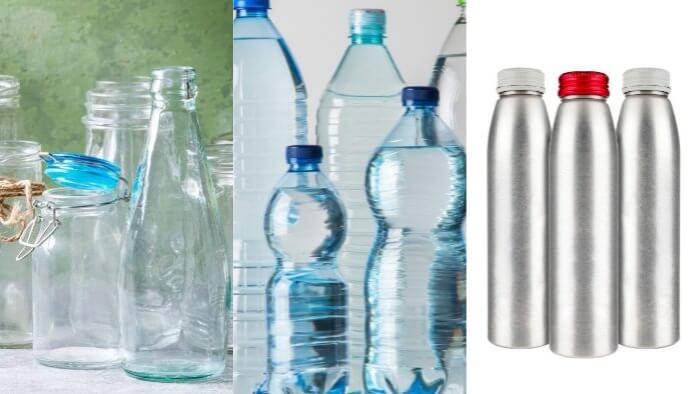
These containers are made from a variety of materials including glass, plastic, and metal, each offering distinct advantages. Customers appreciate these containers for their durability, size, and versatility, using them for multiple purposes such as storing potions, moon water, and other liquids, suggesting a strong perceived value and functionality of the product. Glass offers purity and a premium look, plastic provides versatility and shatter resistance, and metal offers durability.
Manufacturing process and packaging
The manufacturing of tapered bottles involves several key steps:
- Design phase: Engineers create detailed models of the bottles, focusing on dimensions that optimize content preservation and ease of use.
- Production techniques: Depending on the material, techniques like blow molding for plastic or glass and metal forming for metal bottles are employed.
- Quality assurance: Rigorous testing ensures that each bottle is durable and meets specific standards for safety and functionality.
Applications of tapered bottles in personal care
Tapered bottles are used across various sectors:
- Beverage industry: Ideal for juices, sodas, and spirits, their shape facilitates easier pouring and product differentiation on shelves.
- Cosmetics industry: Tapered bottles provide an elegant and functional packaging solution for lotions, perfumes, and oils. They are also used for personal care products due to their durability and chemical resistance.
- Home care products: From detergents to cleaning solutions, these bottles improve usability and control during application.
- Pharma industry: Tapered bottles can hold and protect a variety of liquid medicines, facilitate accurate dosage measurement, facilitate labeling and information transmission, improve drug identification and portability, and are suitable for packaging of special-handled drugs. Dropper caps are often used with tapered bottles to facilitate accurate dosage measurement.
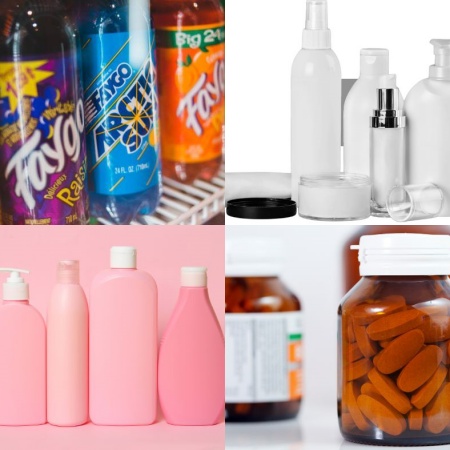
Labeling challenges and techniques for tapered bottles
Labeling tapered bottles presents unique challenges due to their contours:
- Labeling challenges: The tapered design requires labels that can adhere without wrinkling or peeling off.
- Labeling techniques: Technologies such as shrink sleeve labeling and flexible label applications are utilized to conform to the bottle’s shape.
- Automation in labeling: Automated labeling systems are tailored to handle the geometric challenges of tapered bottles, ensuring high-quality label application.
- Our P-280 labeling machine is the perfect solution for bottles with any taper, so you don’t have to worry about the difficulties you’ll encounter.
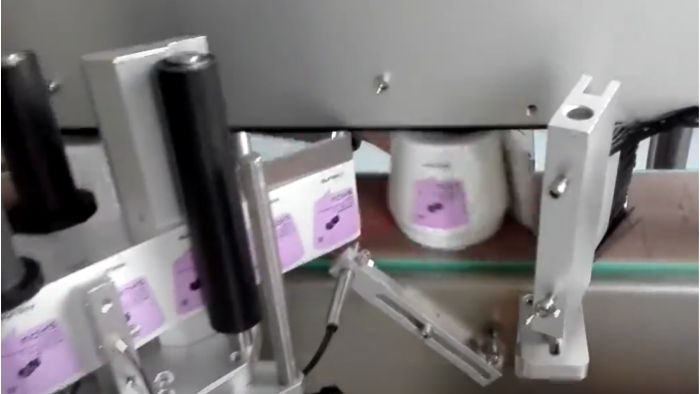
Market trends and consumer preferences
Market trends indicate a growing demand for tapered bottles due to their aesthetic appeal and functional benefits. Consumer preferences are shifting towards packaging that combines form with function, driving innovations in bottle design and labeling. Customers are satisfied with the quality and value of tapered bottles, often highlighting their affordability and great price. Many customers express their intent to repurchase tapered bottles due to their positive buying experiences.
Future developments
Looking ahead, the tapered bottle industry is set to evolve with advancements in material science and manufacturing technologies. Innovations in biodegradable materials and smarter labeling solutions are anticipated, responding to the increasing consumer demand for sustainability and efficiency.
Conclusion
Tapered bottles serve as a prime example of how thoughtful design can enhance product functionality and aesthetic appeal. The versatility of various caps, such as twist caps and dropper caps, further enhances the functionality and customer satisfaction with tapered bottles. As industries continue to seek innovative packaging solutions, tapered bottles are likely to remain a popular choice due to their distinctive shape and practical benefits.
The future of this packaging type looks promising with continuous improvements in design, materials, and labeling technologies shaping its evolution.
As a pharmaceutical labeling equipment manufacturer, Viallabeller not only provides labeling solutions for various tapered bottles but also for other medical devices, such as vials, syringes, ampoules…
